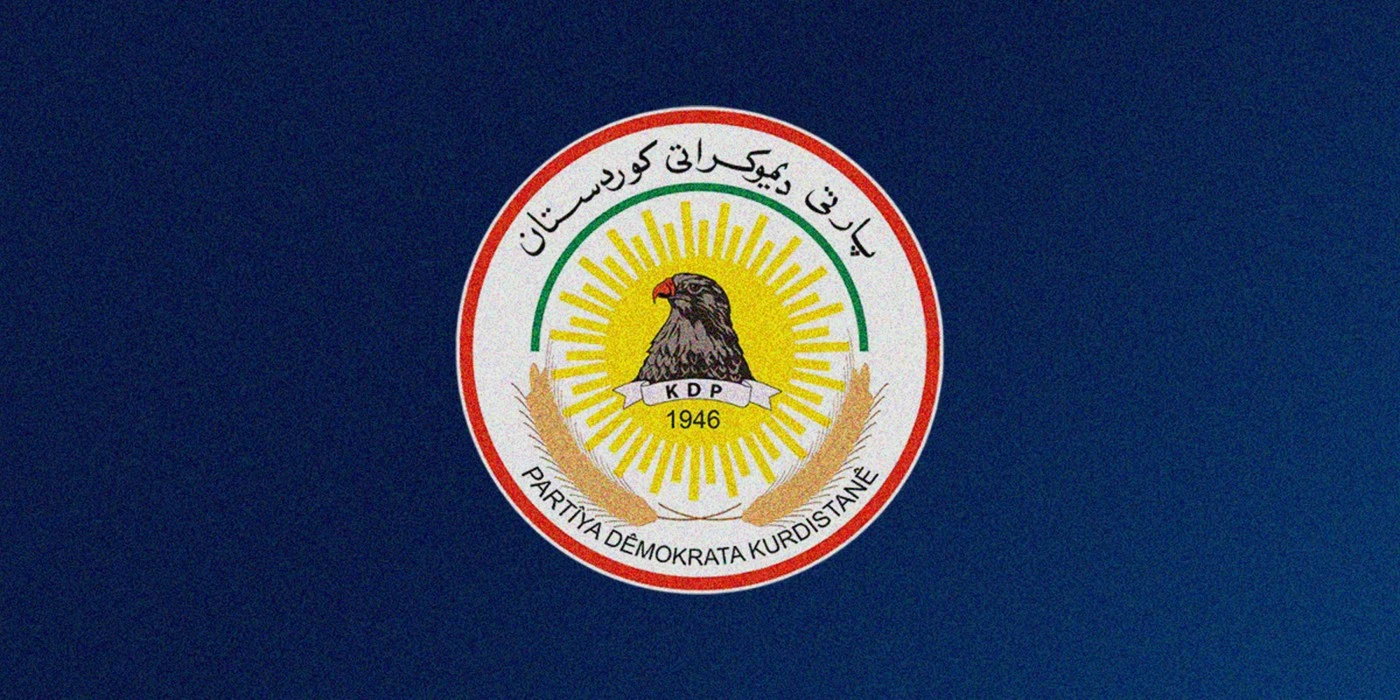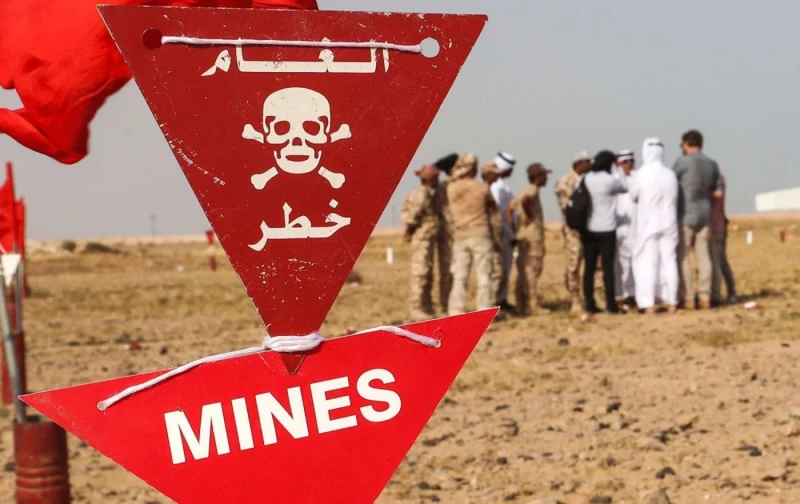ERBIL, Kurdistan Region of Iraq – Lawmakers from the Kurdistan Democratic Party (KDP) opted not to attend Saturday’s session of the Iraqi parliament, coming soon after a 48-hour deadline Erbil imposed on Baghdad to resolve the Kurdistan Region’s ongoing salary crisis elapsed.
As a result of disputes between Erbil and Baghdad over budgetary entitlements, civil servants in the Kurdistan Region have not received their salaries for months.
The New Region learned on Wednesday that the KRG notified the US that it had issued a 48-hour deadline to the Iraqi government to reach a final agreement to mitigate the effects of the crisis, warning that alternative options would have to be pursued should an agreement not be reached in time.
The KDP’s politburo, in a bid to formulate a new strategy to break the deadlock, met in Pirmam on Saturday, with current KDP leader and former Kurdistan Region President Masoud Barzani chairing the meeting.
According to The New Region’s reporter on the ground, KDP officials called for another high-level meeting with the federal government to resolve outstanding issues, while reaffirming that they would not participate in the Iraqi parliament session in protest.
In response, former Iraqi Prime Minister Nouri al-Maliki, as well as representatives of the Coordination Framework and the Badr Organization, wrote a letter to President Barzani urging the KDP not to withdraw from the political process in Baghdad and show patience, adding that the Iraqi government will try to send one month's worth of pay to the Region's public sector in the coming week.
Around 70 MPs signed a petition urging the legislative body to add the salary dispute to the official agenda for Saturday, with the proposal being rejected by Deputy Speaker Muhsin al-Mandalawi, according to The New Region’s reporter in Baghdad.
Instead, lawmakers from the Patriotic Union of Kurdistan (PUK), the New Generation movement, the Kurdistan Islamic Union (KIU), and the Kurdistan Justice Group were allowed to raise the matter during the parliament’s proceedings.
The session adjourned on Saturday evening, with proceedings set to continue on Monday.
Iraqi Prime Minister Mohammed Shia’ al-Sudani on Tuesday directed the formation of the committee to investigate the disputes, with the body being tasked with studying the drafts put forth by the KRG and federal government, holding meetings with relevant parties on both sides, and then submitting recommendations to the Iraqi Council of Ministers based on their findings to help the council make a final decision.
Speaking on the state of the negotiations, Iraqi Oil Minister Hayyan Abdul Ghani on Saturday said that both Erbil and Baghdad “have agreed on almost all the clauses” of a prospective agreement, with the most salient outstanding dispute being the daily amount of oil granted to the Kurdistan Region to meet local demand, with the former seeking 65,000 barrels while the latter offers merely 46,000.
The recent suspension of the Kurdistan Region’s civil servant salaries by the Iraqi finance ministry has sparked outrage among the Region’s public and officials alike, who have slammed the decision as “political.”
In a letter addressed to the KRG in late May, Iraqi Finance Minister Taif Sami said that Baghdad was “unable to continue funding the Region” for the rest of the year, arguing that Erbil has already exceeded its share of the annual budget, a move prompting the Kurdish government and civil servants to file complaints to the Iraqi Federal Supreme Court against the decision by the federal government.
Last week, spokesperson of the KRG Peshawa Hawramani said that funding the salaries of the Region’s employees by the federal government is contingent upon an agreement between international oil companies (IOCs) and Baghdad for the resumption of Erbil’s exports.



 Facebook
Facebook
 LinkedIn
LinkedIn
 Telegram
Telegram
 X
X


